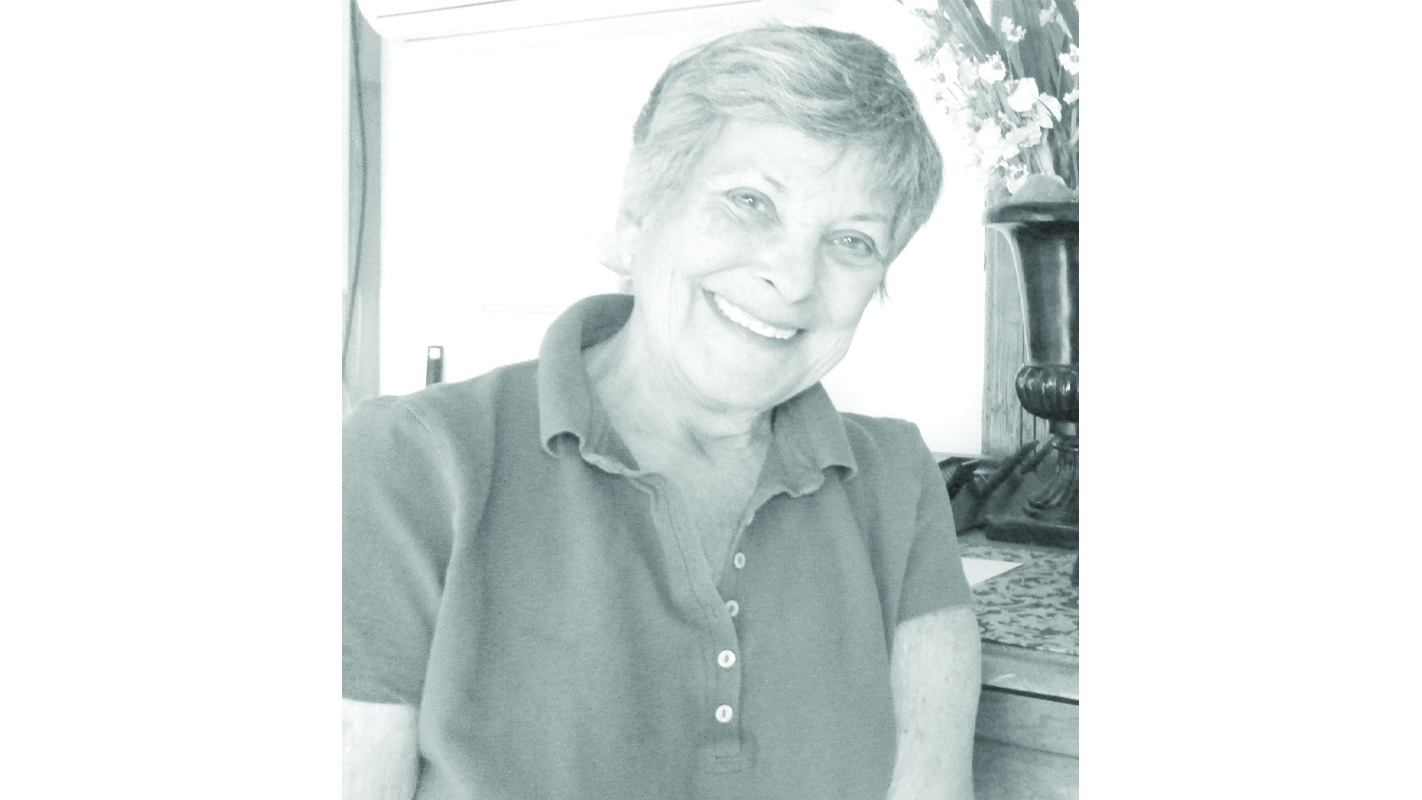I’ve always been motivated by money. Making it. Saving it. Spending it. Maybe it’s because I was so impressed at age 12 (shocked? worried? rendered speechless?) when my father showed me a file he kept, tallying up what it had cost to raise me thus far.
So while research suggests that whatever good intentions you may have in Week 1 of the New Year will dissipate by Week 10, I’m going to suggest a few things in the “financial health” area of your life that are not so hard to do forever and will make you feel a whole lot better.
Know What You Are Worth. List every single place you have money – bank, investment account, savings account, home, car, jewellery. These are your assets. Add them up. Do the same with every debt you’ve accumulated – your liabilities. Subtract one from the other – that’s your net worth. Last year, half of all Canadian families had a net worth above $329,900; half were below. Start with this benchmark to guide your financial choices in 2021. Resolution: Calculate your net worth.
Create Short-, Medium-, and Long-term Goals. “If you can’t measure it, you can’t manage it.” “If you don’t know where you’re going, any road will take you there.” Lots of pithy sayings, all true. Make a list. Doesn’t matter if it’s for an away-from-home vacation when COVID allows, or to get out of debt. Start with the short-term. For each goal, estimate the amount of money you’ll need to achieve it. Resolution: List your life goals and a dollar amount needed to obtain them.
Do a Debt Detox. Debt carries different interest rates, depending on whom you’ve borrowed from. Mortgage rates to buy a home are at their lowest levels ever. Credit cards, on the other hand, carry an interest rate of at least 19%. It’s a good time to review fees, Interest charges, and automatic payments – do you still want them? need them? can you negotiate a lower interest rate or bank account fees? There are lots of options to lighten the load: debt consolidation loan, rolling high interest debt into low interest mortgage debt, home equity loan. Each has pros and cons. Resolution: Do the debt detox and seek advice from an accredited credit consolidator or independent financial adviser if you need help.
Deal with your credit card balance. Understand that the second you don’t pay off your monthly credit card bill, you are on the hook for at least 19% interest, compounded daily! I can’t tell you how damaging it is to your financial health to pay only the monthly minimum. So damaging that Canadian regulators have forced the credit card companies to add a warning to your credit card statement showing how long it will take you to pay off the balance if you make only minimum payments. If you’ve been doing this, take a look on your statement and tell me you’re not shocked! Resolution: No more than one credit card, pay off the balance in full every month.
Save, save, save. There is no such thing as a wrong way to save. The goal is to create the habit of not spending everything you have in order to create a safety net. If you’re in debt, allocate your new savings to paying it down. If you’re not in debt, allocate your new savings to your goals as outlined above. Resolution: Start saving any way you can.
The nice thing about a new year is that it gives us a new calendar, a blank slate and a few days to dwell on what we want to do this year better than last. Spending a few hours each week or month implementing the ideas in this list will make you more financially healthy, which will lead to improved overall health, confidence, opportunities and a better life.
Dian Cohen is an economist and a founding organizer of the Massawippi Valley Health Centre.
Cohendian560@gmail.com
What? Resolutions? What resolutions?
By Dian Cohen






